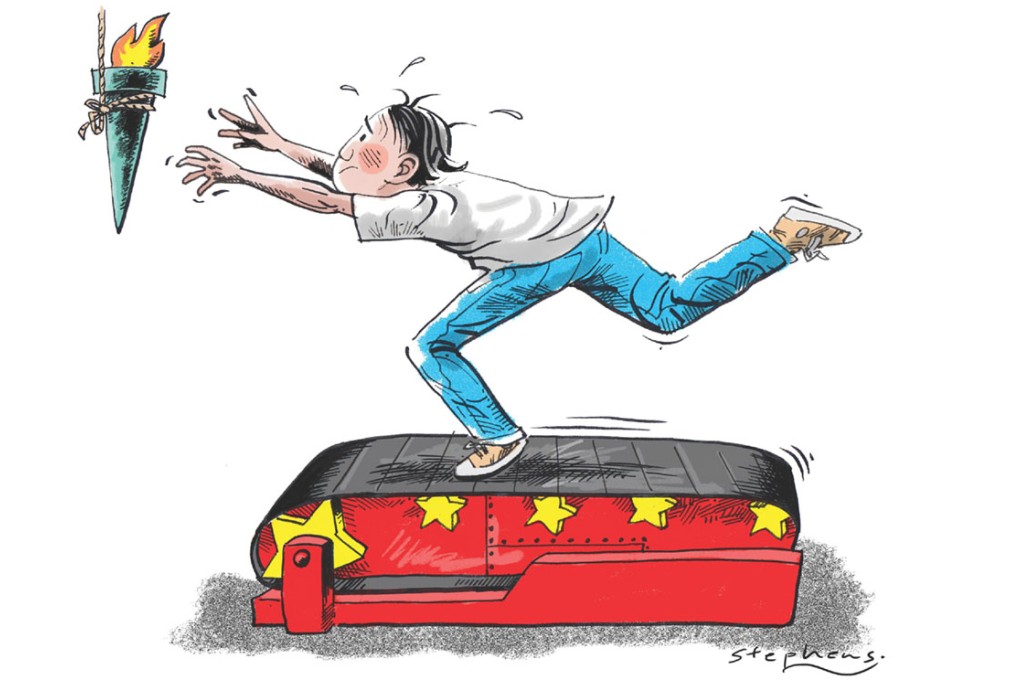A turning point for democracy in Hong Kong
Cliff Buddle says Hongkongers deserve the right to freely elect their leader and this crisis can lead to change - if our chief executive, business sector and democrats all play their part in easing Beijing's concerns

The dramatic scenes of mass protest on the streets of Hong Kong this week mark a defining moment in the city's political development. It is not just a question of how the city's leader should be elected. We are facing a crisis of governance and Hong Kong's future is at stake.
This city's success has been built on its reputation for being safe, orderly and efficient - a great place to live and to do business. This is why the notion of maintaining Hong Kong's stability and prosperity lies at the heart of the arrangements put in place for the city's return to China in 1997.
But with many thousands taking to the streets this week, main roads blocked, schools closed and businesses shut down, the city's stability and prosperity are under threat. People from other parts of the world are asking me: "What will happen to Hong Kong?"
There is no easy answer to that question. But if we are to move forward, certain facts have to be faced.
Whatever view is taken of the Occupy Central movement and its call for civil disobedience, recent events cannot be blamed on that organisation alone. And it is all too convenient to dismiss the demonstrations as the work of a handful of so-called extremists or the shady intervention of foreign powers.
The reality is that pressure has been building within the community for many years and there has been a collective failure to deal with it. Both governments, their supporters in Hong Kong, the business sector and the democrats all share some responsibility.